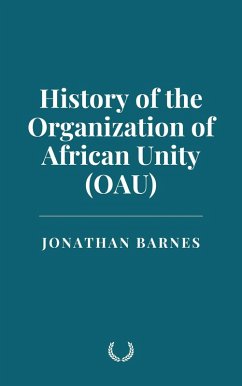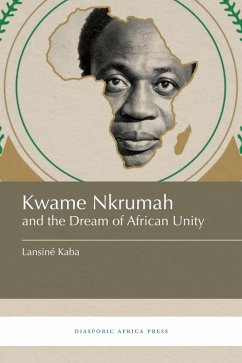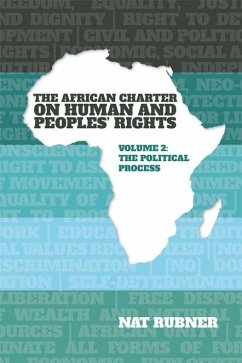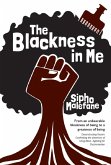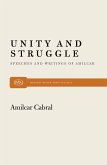The OAU's most notable achievements include its support for liberation movements in Angola, Namibia, Zimbabwe, and South Africa, as well as its role in amplifying Africa's voice in international institutions such as the United Nations. The organization's diplomatic solidarity during the anti-apartheid struggle demonstrated the strength of collective action in confronting systemic injustice. However, the OAU's strict adherence to the principle of non-interference in the internal affairs of member states often hampered its ability to address civil wars, authoritarianism, and human rights abuses. Events such as the Nigerian Civil War (19671970), Idi Amin's brutal regime in Uganda (19711979), and the Rwandan Genocide (1994) exposed the weaknesses of the organization's conflict resolution and peacekeeping mechanisms.
This study also highlights the economic dimension of the OAU's agenda, particularly the Lagos Plan of Action (1980) and the Abuja Treaty (1991), which sought to promote regional integration and economic self-reliance. Despite these ambitious frameworks, external pressures, including structural adjustment programs imposed by international financial institutions, undermined Africa's pursuit of economic sovereignty. The OAU's inability to respond effectively to economic dependency and poverty became a significant critique of its overall mission.
The transition from the OAU to the AU was driven by the recognition that Africa required a more robust and proactive institution capable of addressing the continent's evolving challenges. The Constitutive Act of the African Union introduced new principles, including the right to intervene in cases of genocide, war crimes, and crimes against humanitymarking a departure from the OAU's doctrine of non-interference. The establishment of the Peace and Security Council (PSC), the African Standby Force (ASF), and the African Peer Review Mechanism (APRM) signaled a commitment to promoting democratic governance, peace, and development.
Ultimately, the legacy of the OAU is multifaceted. While the organization played a pivotal role in supporting decolonization, fostering Pan-African diplomacy, and advocating for justice and equality on the global stage, it also struggled to address internal conflicts and governance failures. This study underscores that the OAU's transformation into the AU was not merely institutional reform but an evolution rooted in the lessons of history. The legacy of the OAU continues to shape contemporary debates on African unity, sovereignty, and regional cooperation, serving as both a reminder of past achievements and a cautionary tale about the complexities of post-colonial nation-building in a globalized world.
Dieser Download kann aus rechtlichen Gründen nur mit Rechnungsadresse in A, B, CY, CZ, D, DK, EW, E, FIN, F, GR, H, IRL, I, LT, L, LR, M, NL, PL, P, R, S, SLO, SK ausgeliefert werden.

